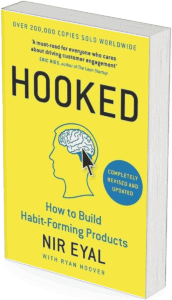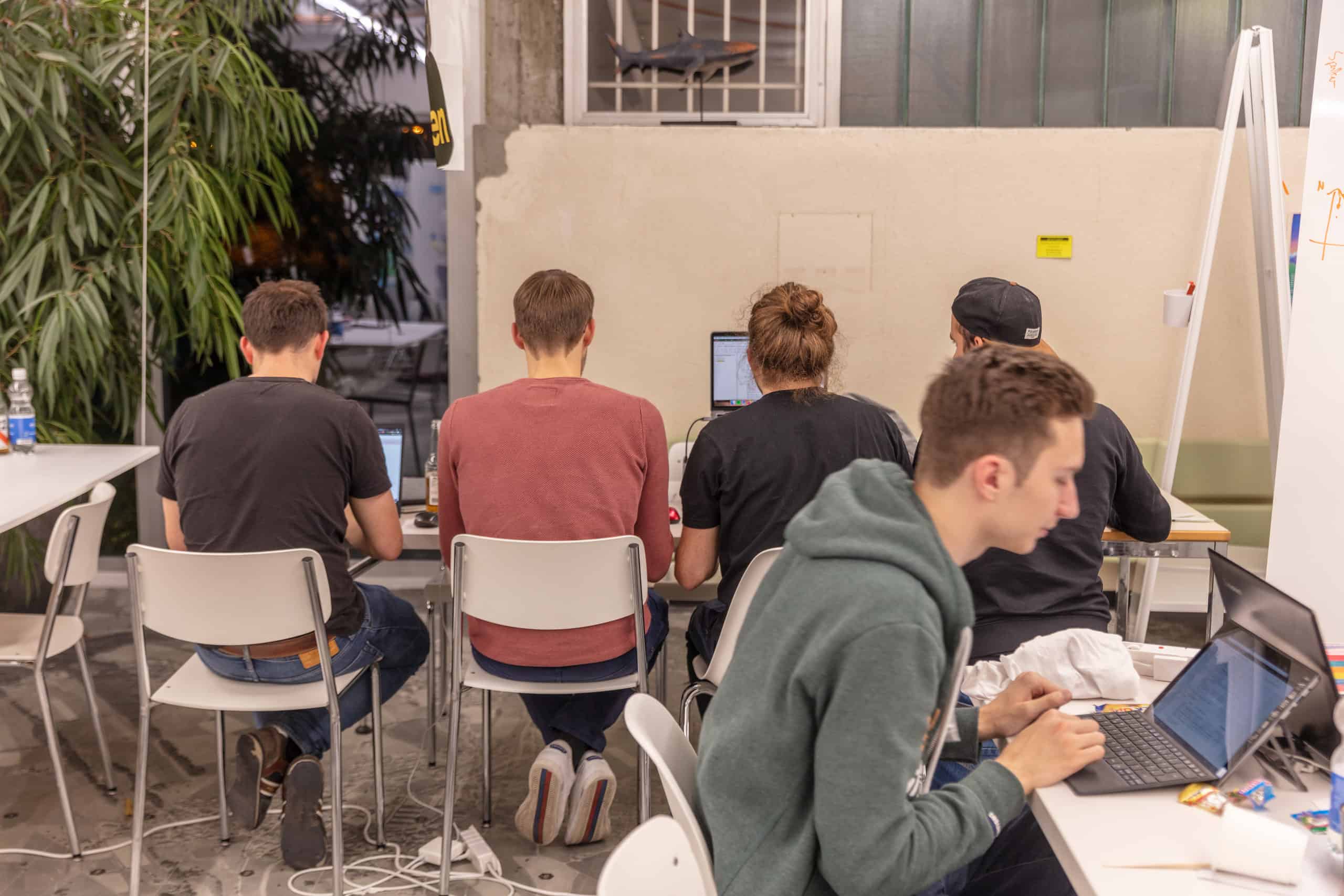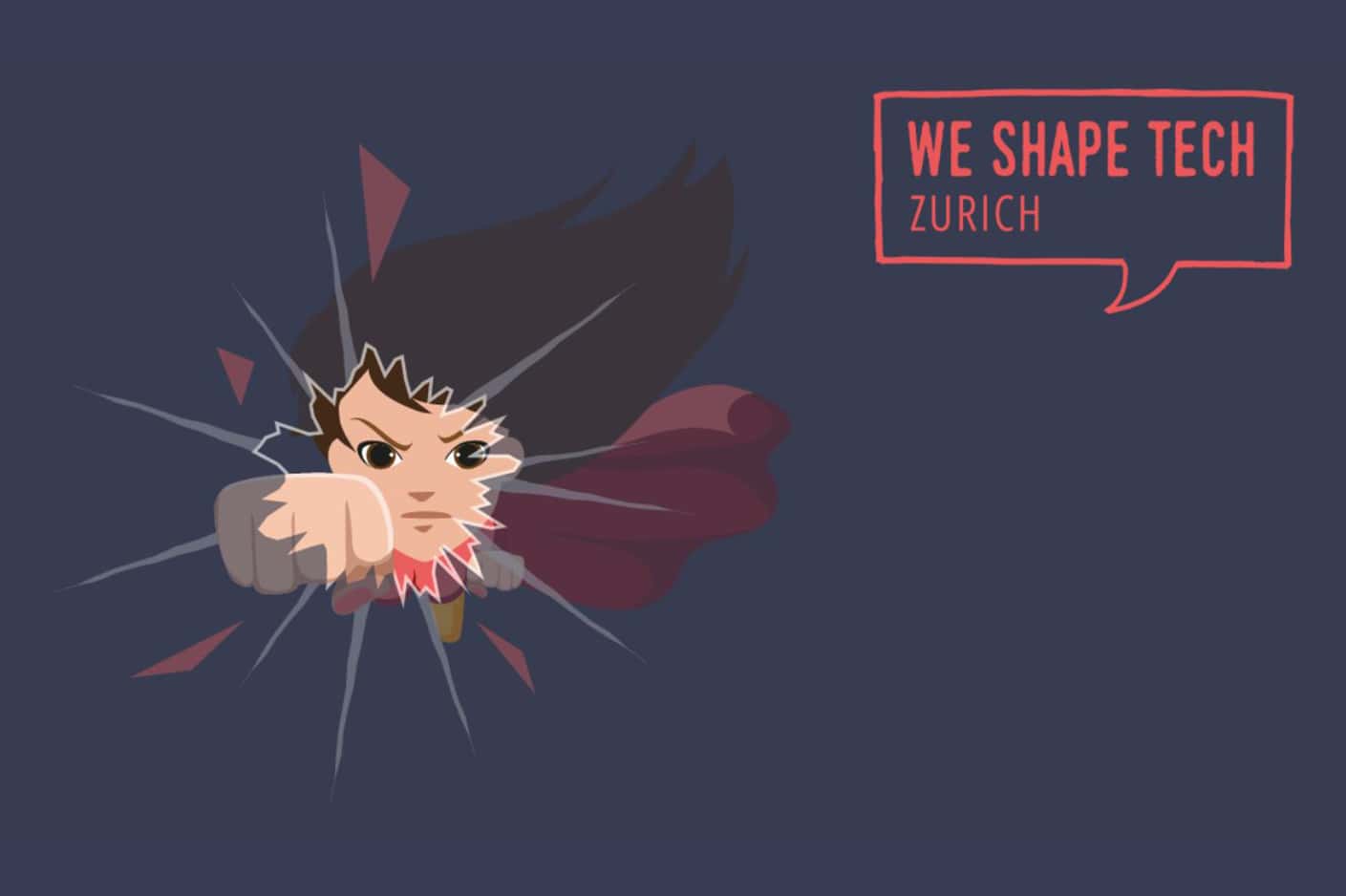In our last installment on goal-setting for the new year, we examined why some goals are so difficult to achieve and science-backed ways to set goals to help us succeed. Now we’re exploring pitfalls we often encounter when forming new habits, proven ways to overcome them and what to do when we get off track.

Breaking down Barriers to Change
Lack of Sleep
Sleep plays a massive role in sustained behavior change. Most adults need eight hours of sleep. Six or seven hours of sleep is simply not enough for our brain. Despite sleep’s powerful influence on our health, getting more sleep can feel impossible. Instead of the classic advice to turn your phone off, maybe a better idea is to understand how fundamental sleep is to our wellbeing and success. Hopefully, this will help us make it a much bigger priority in our lives.
Relying on Willpower
Again and again, science has shown that willpower is not the recipe for success or failure. Despite a deeply rooted belief, a lack of will isn’t why we fail to follow through. Even if willpower propels us forward at first, repeated temptation and drained energy eventually win out.
It’s because of how habits are formed. Our brains are driven to form habits to save effort. And habits give us a big advantage, but our brains can’t tell the difference between a good or bad habit. In fact habits have to be replaced or they’ll be performed automatically. It’s why removing temptation by changing your routine is more likely to get you the results you want than wearing out your willpower.
In practical terms this can look like:
-
Not having foods at home you’re trying to avoid or ordering groceries online to prevent temptation or impulsive purchases
-
Turning off app notifications or removing apps from your phone
-
Pausing your chat messages or muting pings
-
Only bringing the amount of cash with you that you want to spend
Impulsivity
As humans, we’re wired to seek immediate rewards instead of what will benefit us the most in the long term. When we don’t see immediate results, it’s hard to stay motivated to continue. Delaying gratification means denying our brain an instant dopamine boost. One strategy to avoid impulsive decisions is to make it harder to act impulsively.
Procrastination
We’ve all been there: I’ll start tomorrow, but tomorrow rolls around and we’re still lingering. Or we take a break and don’t begin again. Procrastination will likely happen; it’s almost universal.
And there are plenty of reasons we procrastinate, from fear of failure to fear of success. The good news is that if we know it’s likely to happen, we can tackle it head-on. One strategy is to do something immediately if it takes less than two minutes. No excuses. This is an excellent kickstart to do more because the upfront commitment is lower. Once you’ve started, it’s easier to continue.
Commitment devices like cash commitments or public pledges can also mitigate procrastination. But remember, procrastination can also signify that we’ve set a goal that we don’t truly care about. So if you find yourself stalling, take the opportunity to hit pause and check in with yourself.
Give Yourself a Break
Forget Perfection
You still benefit from setting goals even if the progress feels minimal. Any step toward your goal is better than none – think where you’ll be in a year even with small steps. And there’s an even bigger a silver-lining, research suggests that there are positive effects from the act of setting goals, whether or not we follow through on them.
Self-Compassion
When we don’t achieve what we set out to, we might be tempted to beat ourselves up. But science shows this is counterintuitive. When we treat ourselves with compassion instead of criticism, we’re more likely to re-engage with our goals. Self-compassion is essential to maintaining our belief that we can bounce back and continue to progress.
Self-compassion looks like:
Being mindful of our thoughts
Replacing self-criticism with kindness
Treating yourself with the same grace you’d give others
Accepting our humanity instead of expecting perfection
Failure Isn’t a Four-Letter Word
Failure can be seen as a step towards your goal instead of a setback. Failure allows us to reflect and reconsider. For example if you made a sincere effort but didn’t achieve what you hoped, take a moment to think about what happened and adjust your strategy. Veering off route teaches us about ourselves and how to course-correct to better achieve our goals.












